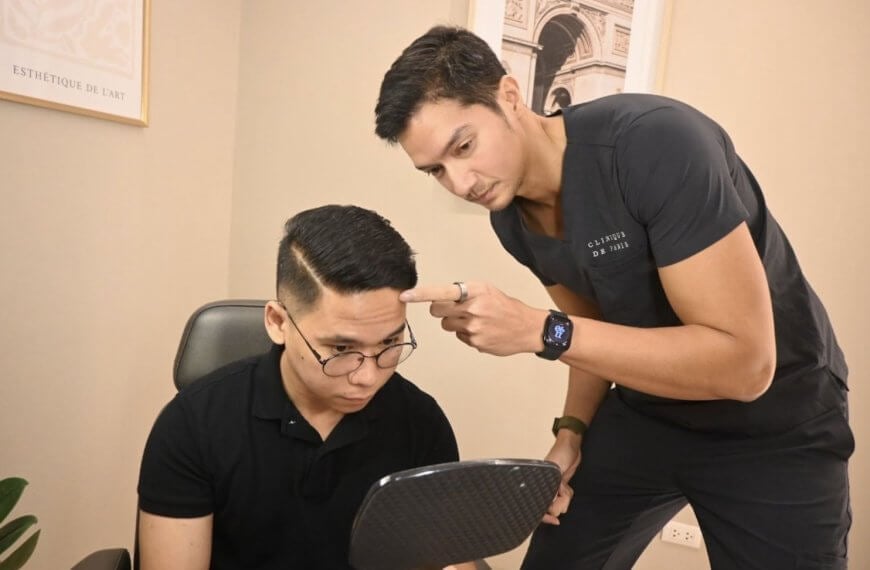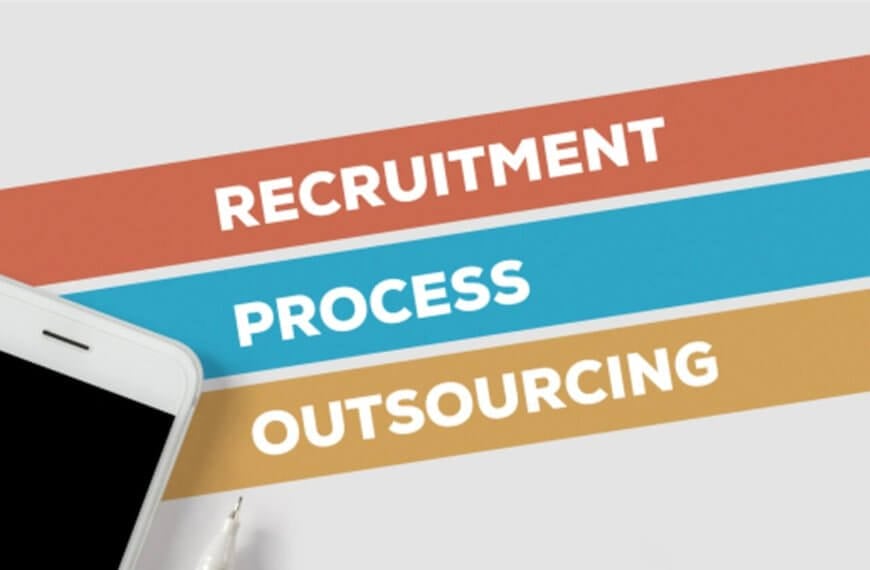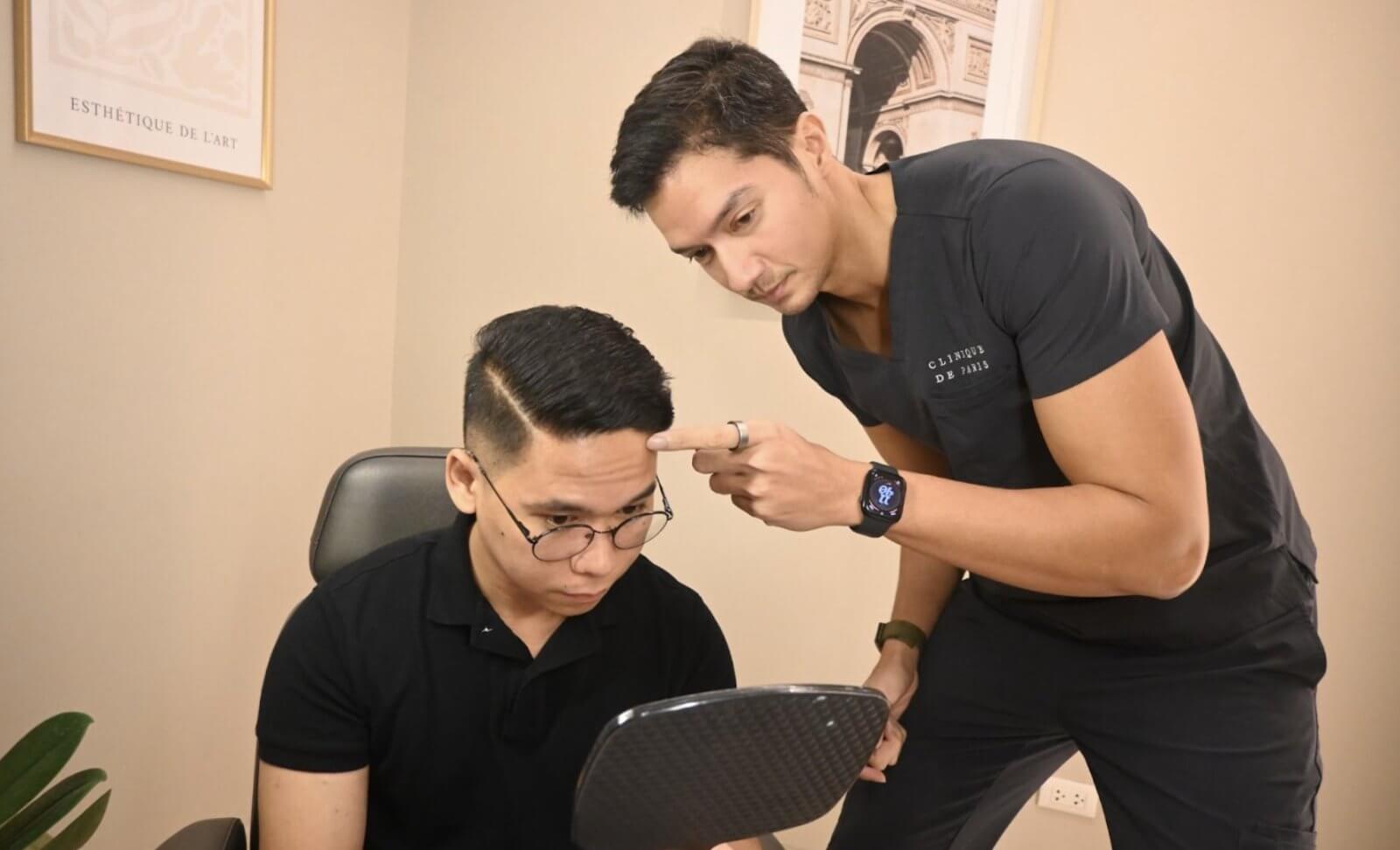It takes more planning and effort to buy a home than you might expect. First-time homebuyers face a challenging task, as they must invest time, energy, and well-tested decision-making skills that are objective and sound. The risks and responsibilities involved make it a massive step for anyone to take. We have provided six tips for first-time buyers below that will help you through this exciting milestone.
There is no need to be scared or confused about getting your own place. Take the next step towards change with confidence, as the next transition should be one of your most enjoyable experiences.
Practical Tips First-Time Home Buyers Should Consider
- Make sure you can afford it.
You must ensure all bases are covered when you are setting up your new home, starting with the terms of the payment. Pick out the model of the home you are interested in buying and learn the payment options. If you can’t afford the direct payment, you can always mortgage the property. The process of obtaining a loan can also pose a problem for novice investors.
- Get a loan if you need one.
When dealing with a first-time home buyer, banks and lenders tend to impose strict conditions. A loan may be extended for your benefit solely based on your ability to pay. Apart from your credit history, your ability to pay is also a deciding factor. Discover as much as you can about the different home loan options so that you can make an informed choice based on your commitment and affordability.
- Your down payment and monthly costs should be within your means.
If you are planning to purchase a home, a loan can help finance the long-term payments. Be aware that you must put down a deposit before applying for a loan. In most cases, it is between 10 and 20% of the overall cost of the home. Nevertheless, this is good if you are able to pay off the downpayment in a timely manner and can afford the downpayment.
- Consider your options and explore your neighborhood.
Keep in mind that you are investing in a long-term project. The best environment is one in which you feel comfortable and where you can feel at home. You should research the property and the area in order to determine whether it meets your needs and lifestyle. Do you love pets? The best option is to find a neighborhood that allows pets. Are you in business? Look for properties that provide good opportunities for work-life balance.
- Don’t underestimate the importance of attending open houses.
Embrace open houses with open arms – they’re a gift. You should take the initiative to search for ones near your prospective area of the property, even if there are no invites. This is the closest you can get to living in a house. Approach it as a long-term investment and as a practice. How else could you determine if you like the vibe and energy of a property? Plus, it gives you advice on how to set up your home office in the best way.
- Be aware of your developer.
Particularly when buying pre-sales properties, this is crucial. The top developers are primarily listed, have significant capital, and have a successful track record. It is nearly risk-free to purchase a house from one of these developers since they are concerned about their reputations.
Then there are first-timers, some of whom aren’t bad, but face many challenges in doing business. First-time developers have no previous track record of success, and because of their first-time status, it’s difficult for them to secure commercial loans. As soon as the original capital is spent, their clients will be required to continue financing the construction and development of the project.
As sales decline, the developer begins to experience financial difficulties as cash flow is less than expected, or project construction will begin to suffer delays due to unwise spending. Insufficient experience, knowledge, and capital mean that these developers’ projects are unlikely to succeed.
- Don’t forget to save
Finally, you don’t get to stop the process when you move into your first home. You have to spend money each month not just on the mortgage but on repairs, association dues, insurance, etc. Generally, you should not spend more than 30 percent of your monthly income on paying off a mortgage; anything higher than this and you will have difficulty covering your other expenses.
The Buying Process
Let’s examine what to expect on your first home-buying journey. Knowing what to expect will make the experience less tiring.
- Determine what you are looking for in a house
- Calculate your budget for a house
- A down payment and closing costs should be planned in advance
- Check your pre-qualification
- You should have a good agent
- Start looking for a house
- An offer to purchase a home
- A home inspection can help
- Calculate your home’s value
- You can request a repair or a credit
- Step by step walkthrough
- Getting to know your new home
For first-time home buyers, it isn’t easy to decide whether to buy a house based on their financial stability or an ideal house. Buying a house can be exciting as well as overwhelming when it comes to choosing a style, location, size, and your desired amenities. Finding a house where you feel comfortable and safe should give you a sense of confidence and security moving forward.
























